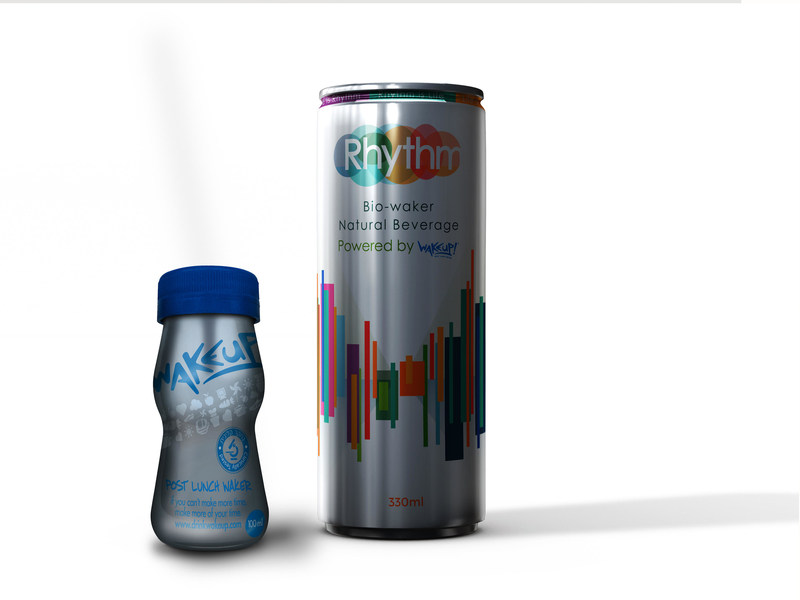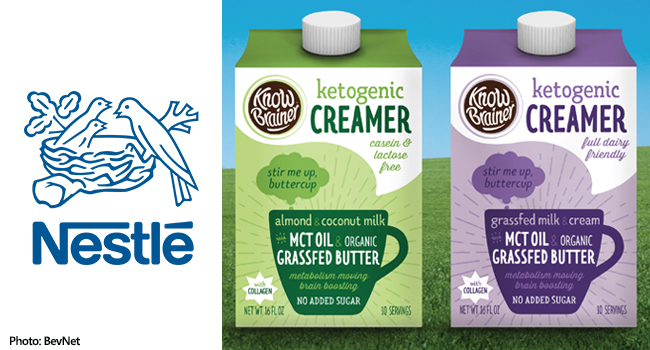Sobering news for coffee lovers, as experts announce our global coffee supply is in danger.
Newly published research reveals that 60 percent of all wild coffee species are under threat of extinction, according to scientists at UK-based Royal Botanic Gardens, Kew.
There are 13 coffee species in the “most at-risk” category, while 40 are endangered and 22 vulnerable to extinction. Behind this troubling trend is deforestation, climate change and the spread of increasingly severe fungal pathogens and pests.
“We hope this new data will highlight species to be prioritized for the sustainability of the coffee production sector so that appropriate action can be taken to safeguard their future,” said Dr. Eimear Nic Lughadha, Senior Research Leader in Kew’s Conservation Department.
Most concerning is the future of the popular wild Arabica species. Grown in Ethiopia, it provides 60 percent of the global coffee supply, but is becoming endangered due to localized climate change and rising temperatures. Around 15 million Ethiopians are involved in coffee production and annual exports have an estimated value of $1 billion.
“Given the importance of Arabica coffee to Ethiopia, and to the world, we need to do our utmost to understand the risks facing its survival in the wild,” said Dr. Tadesse Woldemariam Gole, Senior Researcher for Environment, Climate Change and Coffee Forest Forum and Arabica coffee expert.
Farmers in Ethiopia have reported that climate change has reduced as the dry season is getting longer, and the average annual temperature has increased by 1.3 degrees Celsius between 1960 to 2006. Researchers projected climate change would paint “a bleak picture” for the species, with the number of locations where it grows decreasing by as much as 85 percent by 2080.
“We hope our findings will be used to influence the work of scientists, policy makers and coffee sector stakeholders to secure the future of coffee production — not only for coffee lovers around the world, but also as a source of income for farming communities in some of the most impoverished places in the world,” said Aaron Davis, head of coffee research at Kew and first author of the Science Advances paper.
In order to improve the prospects for wild coffee Davis says targeted action is urgently needed, including forest preservation, assisted migration and regeneration.
“Among the coffee species threatened with extinction are those that have potential to be used to breed and develop the coffees of the future, including those resistant to disease and capable of withstanding worsening climatic conditions,” he said.
In addition, researchers advised that the labeling of coffee products could be improved for increased consumer awareness. Currently, few labels cover forest preservation or detail their negative environmental impact.












Join or login to leave a comment
JOIN LOGIN